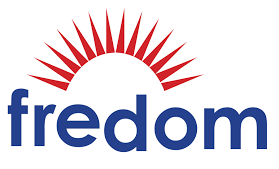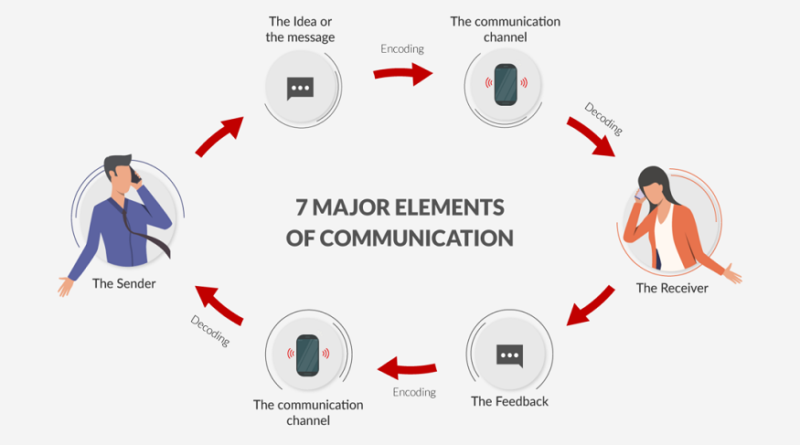The Major Elements Of A Communication Process
It is rightly said that the art of communication is the language of leadership. Good communication leads you to the top in whatever you do. Before you master the techniques of communication, it is important to understand what communication is and what the elements of communication process are.
What is communication?
Communication is the process of conveying a message or information with the help of words, visuals, gestures, writings, or behaviors. Communication is a two-way process. It is dynamic.
Our communication defines the quality of our lives. Effective communication is a reliable blend of emotion, facts, logic, rationality, and truth. Such communication creates long-lasting and strong bonds of trust between individuals and entities.
Elements of Communications
In order to understand the process of communication, it is imperative to know the elements of communication. Effective communication is the balanced blend of all the essential elements. Let us explore the elements of communication in detail.
1.Source or the Sender
The source or the sender is the person who determines the nature of the message. He creates and sends the message. A person with good interpersonal skills can be a good sender with apt communication.
2. Message
A message is an idea, a thought, information or emotion, which needs to be conveyed to the audience or the receiver. The message constitutes your way of saying it- your tone, speech, gestures, and so on.
3. Receiver
A receiver is a person who receives the message sent by the sender. Sometimes the receiver catches and interprets the message correctly. Sometimes he does not. That is when miscommunication happens.
4. Encoding
Encoding is choosing the process of converting your thought or idea into a proper message. The message can be in words, gestures, symbols, charts, diagrams, or else.
5. Channel
Channel is defined as the way with which a message travels between the sender and the receiver. Radio, television, digital platforms, social media are some of the channels through which the process of communication takes place. Channel is also called medium.
6. Decoding
Decoding is the process of translation of the encoded message into a language that is understood by the receiver.
7. Environment
The place or space from where you send the message or communicate is called the environment. It is the surrounding in which you are at that time. It consists of the room, articles present such as the table, fan, laptop or even the clothes you are wearing.
8. Context
When you send a wedding invitation, there is a specific context to it. Context is the situation that defines the setting for a specific message to be understood in its true light. There is a contextual reference for every communication that takes place.
9. Interference
Interference, in simple words, is a disturbance that can block or alter the meaning of the communication. The inference is also called noise. It can be real noise, such as a song on a radio or car horn. The psychological noise is when you start thinking of something else while receiving the message.
10. Feedback
When the receiver gets the message and responds, intentionally or unintentionally, he or she is giving feedback. Feedback can be verbal or non-verbal. In some cases, the sender asks for feedback. Proper feedback is the key to good communication.
Some other factors that define effective communication are the approach of communication, its purpose, and strategy, supportive arguments for your communication, and clarity of the message.
Organizing your message is also important. The language needs to be clear and accurate. The technical correctness of the message, its grammar, or style is also imperative.
Once you understand the major elements of communication, you will be an informed and successful communicator. You can do an excellent online public speaking course to master effective communication skills.

